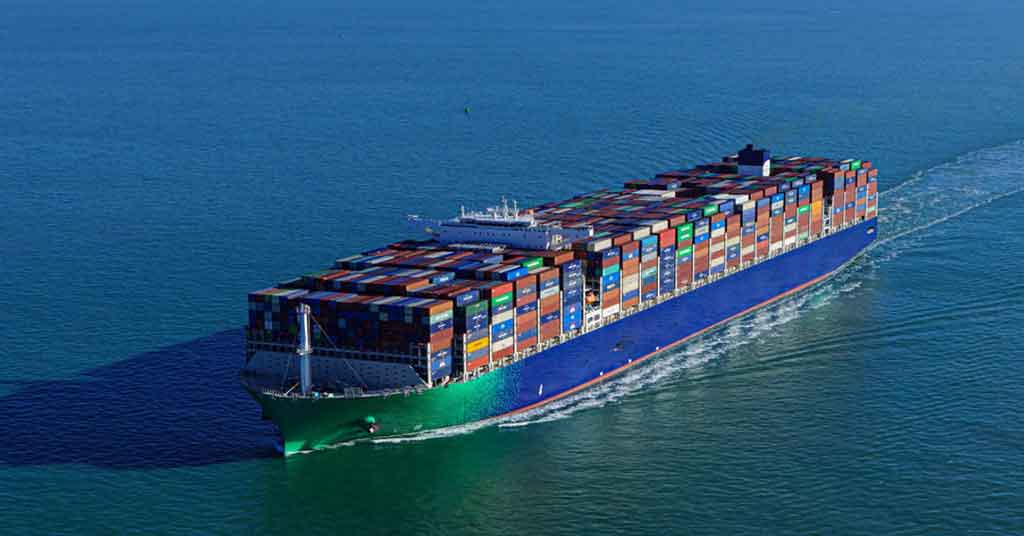Welcome To ChemAnalyst

Russian oil suppliers have resumed ship-to-ship (STS) operations for their flagship Urals blend in the Mediterranean, marking the end of a six-month hiatus. This strategic move aims to address challenges associated with tanker shortages, influenced by adverse weather conditions and security risks in the Red Sea. The decision to resume STS operations comes in response to the extended round-trip voyages faced by tankers transporting Russian oil, further compounded by an already tight fleet market.
Urals oil, a significant export blend for Russia loaded from its western ports, predominantly finds its way to Asian markets due to a European Union embargo on Russian oil. The pause in STS operations during the previous summer was prompted by a temporary easing of freight rates, which rendered reloading onto larger vessels economically unviable for Russian oil exporters.
At the close of January, data from LSEG and Vortexa revealed that the Djibouti-flagged VLCC (very large crude carrier) Ligera engaged in a ship-to-ship (STS) operation near Greece's Kalamata port, loading approximately 2 million barrels of Urals oil. The vessel is currently en route to Caribbean waters.
The decision to resume ship-to-ship (STS) operations aligns with the necessity to navigate challenges such as prolonged voyages and heightened risks in the Red Sea, prompting increased charterer demand. Adverse weather conditions result in longer passage times through the Turkish straits, while the requirement for ice-class vessels in the Baltics further contributes to the complexity of operations. Many opt for transshipment to ensure vessel availability in the region.
Freight rates for shipping Urals oil have remained relatively steady but high, hovering around $8 million for a one-way trip from Baltic ports to India's west coast when transiting via the Suez Canal. The scarcity of ice-class vessels capable of loading oil from Russian Baltic ports during winter adds to the logistical constraints, particularly as many Western shipping firms with such vessels have withdrawn from the market, reducing overall availability.
As the Russian oil industry adapts to evolving market dynamics, the decision to reinstate ship-to-ship (STS) operations in the Mediterranean reflects a strategic response to logistical challenges. The resumption is anticipated to facilitate more efficient transportation of Urals oil and address the complexities associated with longer voyages, ensuring a consistent and reliable supply chain. Ongoing monitoring of freight rates, weather conditions, and vessel availability will play a pivotal role in navigating the operational landscape of Russian oil exports in the coming months.
We use cookies to deliver the best possible experience on our website. To learn more, visit our Privacy Policy. By continuing to use this site or by closing this box, you consent to our use of cookies. More info.
